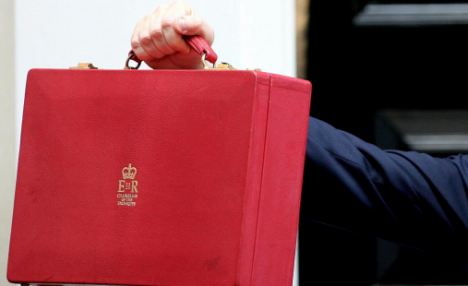The Treasury Committee said in a report on Tuesday that the Autumn Statement has increasingly taken on the character of a second Budget, reports .
Having two budgets created uncertainty and costs for business and the economy, MPs said.
The Treasury said it would consider the report “and respond in due course in the usual way”.
“The primacy of the Budget as the main focus of fiscal and economic policy making should be re-established,” the MPs said.
The Autumn Statement was traditionally used for an update on the general state of public finances and the wider economy.
But since Gordon Brown, chancellors of the exchequer have increasingly used the Autumn Statement to announce changes to tax and policy.
The MPs’ report said: “The Autumn Statement is not, nor should it be, a second Budget. In recent years it has come to read like one.
“The implications are that business and the economy needs to react to two periods, not one, of potential uncertainty and change. A return to a position of one Budget in the spring, and an updating statement in the autumn, would be desirable.”
As well as complicating things for business, two budgets makes it more difficult for the Treasury Committee to scrutinise adequately tax changes and their impact before another set of policies is announced, MPs said.
“We believe this to be an important issue of principle going to the heart of Treasury Ministers’ accountability to Parliament.”
Last year’s Budget was on 21 March, followed by an Autumn Statement nine months later, which in turn was only three months before this year’s Budget this March.
The MPs also questioned the track record of the Office for Budget Responsibility, set up in 2010 to provide independent forecasts for the economy and public finances.
The OBR is required by statute to issue two economic and fiscal forecasts a year. However, the MPs said its forecasts have been “biased to over-optimism” with most forecasts having to be revised downwards.
“There are good reasons for having a single substantial annual review of the fiscal and economic state of the country, not least to enable the subsequent presentation to Parliament of proposed tax measures and of estimates of expenditure, the MPs said.
They added: “The OBR should do more to ensure that there is greater public understanding of the limitations and purpose of forecasting, and more realistic expectations of what forecasting can deliver.”
The OBR, along with the Treasury, said they would consider the report.


